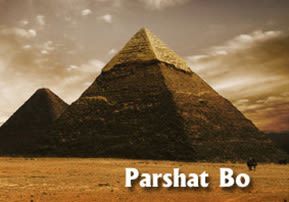
Bo: Renewal, Liberation, and True Wealth
(Shemot 10:1-13:16) - "And God said to Moshe, 'Come in to Pharaoh' (Shemot 10:1). Rabbi Shimon bar Yochai continued: It is now fitting to reveal mysteries..

Parshat Bo
Shemot 10:1-13:16
"And God said to Moshe, 'Come in to Pharaoh' (Shemot 10:1).
Rabbi Shimon bar Yochai continued: It is now fitting to reveal mysteries connected with that which is above and that which is below. Why is it written, "Come in to Pharaoh"? Ought it not rather to have said, "Go to Pharaoh"? It is to indicate that God brought Moshe (Moses) into a chamber within a chamber, into the abode of the supernal mighty serpent that is the soul of Egypt, from whom many lesser serpents emanate. Moshe was afraid to approach him, because his roots are in supernal regions, and he only approached his subsidiary streams. When God saw that Moshe feared the serpent, He said, "Come in to Pharaoh." Zohar
Our Children are our Future
We will go with our young and with our old, with our sons and with our daughters (Shemot 10:9)
Pharaoh was willing to let the menfolk go as long as the children remain behind; for as long as the younger generation remains "in Egypt," there would be no future for the people of Israel.
The "Pharaoh's" of our day have the same attitude as Pharaoh of yore. If the older folk wish to cling to Jewish tradition, that is perfectly acceptable; but the youth should be raised in "the spirit of the times." Maayanah Shel Torah
Selfishness Stunts Self Growth
A man saw not his fellow, neither rose any from his place for three days (Shemot 10:23)
There were seven days of darkness. During the first three days, "a man saw not his fellow"; during the last three days, he who sat could not stand up, he who stood could not sit down, and he who was lying down could not raise himself upright (Midrash Rabbah).
There is no greater darkness than one in which "a man saw not his fellow" – in which a person becomes oblivious to the needs of his fellow man. When that happens, a person becomes stymied in his personal development as well — "neither rose any from his place." Chidushei HaRim
Rosh Chodesh and Renewal
“The Lord spoke to Moshe and to Aharon in the land of Egypt, saying, this month shall be to you the head of the months; to you it shall be the first of the months of the year” (Shemot 12:1-2).
Why is Rosh Chodesh the first commandment given to the entire Jewish people (and why, parenthetically, was Rosh Chodesh one of only three mitzvot prohibited by the Syrian-Greeks at the time of Chanukah)?
(1) Mitzvot give us the opportunity to permeate the world with goodness and holiness and transform the physical into the holy. Rosh Chodesh sanctifies the first day of the month (and time), by transforming it into a special day, and establishes the entire Jewish calendar (and festivals).
(2) Mitzvot give us to opportunity to bring something "novel" into the world. The Hebrew word for month "chodesh" is related to the Hebrew word for "novel" or "new," chadash. The novelty was that, through the performance of Torah and mitzvot, the Jewish people could transform the world into a dwelling place for God.
(3) Rosh Chodesh symbolizes renewal — the ability of the Jews to rise up from oblivion and restore ourselves; just as the moon disappears at the end of the month, but returns and grows to fullness, so Jews may suffer exile and decline, but are able to renew ourselves (until the coming of Moshiach, when we will never be dimmed again). Rabbi Menachem M. Schneerson, zt"l
Rosh Chodesh and Jewish Survival
"This month shall be to you the beginning of months" (Shemot 12:2).
The Jewish calendar is based on the cycles of the moon, rather than the sun. Like the moon, which can shine throughout the darkest night, the Jewish people can survive and spread light despite the surrounding darkness. Sefat Emet zt"l
Self-Sacrifice (Mesirus Nefesh)
“Speak to the entire community of Israel, saying, 'On the tenth of this month, let each one take a lamb for each parental home, a lamb for each household'" (Shemot 12:3).
How did God know that the Jews were worthy of redemption? Asking them to publicly prepare the Pesach offering (i.e., to lead the lamb — which was an Egyptian god — though the streets, slaughter it and spread the blood on their door posts) was asking them to put their lives in jeopardy. When they willingly complied, God knew that they were ready to be redeemed. Rabbi Mordechai Katz
Spiritual Liberation
"And you shall keep it a feast to the L-rd; throughout your generations you shall keep it a feast by an ordinance forever" (Shemot 12:14).
If one views Pesach as merely the anniversary of liberation from physical oppression and slavery, it would be justifiable to argue that there is no sense in celebrating it as long as Jews are exiled and enslaved anywhere in the world. However, if the Exodus in understood properly – as the spiritual liberation of our people, in which God led us forth from the corruption of Egypt to take us to Himself as His people and to have His Presence rest upon us so that we became a Holy Nation – then it becomes obvious why Pesach must be observed even while we are still in physical exile and suffering from persecution and oppression. If we celebrate Pesach as a "feast to the Lord" — as a Divinely commanded feast marking the anniversary of the our spiritual liberation, then "you shall keep it a feast by an ordinance forever" (i.e., we will be able to observe it always, even during the worst periods of your exile). Meshekh Chachmah
True Wealth
“And the children of Israel did according to Moshe's order, and they borrowed from the Egyptians silver objects, golden objects, and garments” (Shemot 12:35).
Why did God command the Jews to request that the Egyptians give them their money and jewels as they left Egypt? The Dubno Maggid explains it with the following parable: A young boy was hired by a wealthy merchant, in return for which he was promised a bag of silver coins. At the end of the term, the merchant, extremely grateful for the boy's loyal service, handed him a check for an amount much greater than the value of the silver coins that he had promised him. The boy, however, felt cheated that he had received a piece of "paper" in lieu of the coins. His father contacted the merchant and explained that since his son didn't understand the value of a check, he'd appreciate it if the merchant would pay at least part of his wages in silver.
The Jews in Egypt were too young and inexperienced to fully appreciate the value of receiving the Torah. Therefore, God caused them to emerge from slavery with material wealth, thus preventing them from becoming despondent. Only when the Jews grew in wisdom were they able to appreciate the vast richness of the Torah. Rabbi Mordechai Katz
Parashat Bo
(Exodus 10:1-13:16)
“Seven days shall you eat unleavened bread…for whoever eats leavened bread from the first day until the seventh day, that soul shall be cutoff from Israel” (Shemot 12:15)
What is the essential difference between chametz– leavened bread, which is forbidden to eat on Passover – and matza – unleavened bread, which is required and permitted to be eaten on Passover?
Matza represents the aspect of open Divine Guidance in this world. Matza is synonymous to the mon, the bread that fell from heaven and which sustained the Jews during the forty years that they wandered in the desert. As the Talmud says, “The cake (matza] that the Jews took with them out from Egypt had the taste of the mon” (Kiddushin 38).
Matza represents the concept of trust in God and revealed Divine Guidance because it was baked with a minimal amount of human effort. “And they [the Jews] baked the dough…unleavened cakes for it was not leavened; because they [the Jews] were thrust out of Egypt, and could not linger, neither had they prepared any provisions for themselves" (Shemot 12:39).
Chometz – leavened bread – on the other hand, is synonymous with nature, the natural course in which the world appears to function. Nature is God's way of directing this world in a hidden, less obvious way. Since leavened bread requires much human intervention, it represents God hiding in the guise of nature.
How do we know that God hides in the guise of nature? The numerical value of Elokim equals eighty six, the same as hatevah, the natural (world]. This implies that God is hidden within nature. The Hebrew word for world, olam has the same root as ne'elam, indicating that God is hiding within the world.
Therefore, although we are forced to earn a livelihood and it appears that we obtain our money through natural means, in reality God determines the results of our efforts. Many workaholics, for example, spend their days and night working, and are barely able to make ends meet.
God is all powerful. He could easily provide each individual with all his needs. This world was created for man's benefit. God wants us to work and earn a livelihood. Prior to Adam's sin, God provided man with everything he needed, and there was no need for Adam to work. When Adam ate, it was on the level of matzot – with revealed Divine guidance. However, after Adam sinned by eating from the Tree of Knowledge, eating became on the level of chametz – hidden within the guise of nature. Therefore, a great amount of human effort is required to obtain one's livelihood.
If God provides us with all our needs, why must we work at all?
In Pirkei Avot it states, “Rabbi Gamliel, the son of Rabbi Yehuda HaNassi says, Torah study is good together with an occupation, for the exertion of then both makes sin forgotten” (Avot 2:2). Man must work so that he won't have leisure time to sin. Torah is the antidote for sin, as the Talmud teaches, “I [God] created the evil inclination and I [God] created the antidote for it, the Torah” (Kiddushin 30). Since most people are unable to study all day, God designed this world in such a way that man must work for his livelihood, although, in reality, his efforts are not really necessary.
The following story illustrates how God provides each person with exactly what he needs:
The saintly Rebbe Zusha of Anapoli had very strong faith that God would provide him with all his needs. After finishing his prayers, he never asked his attendant to serve him his morning meal. Instead, in a loud voice he would turn his face towards Heaven and proclaim, "Master of the universe, Zusha is hungry. Please send him something to eat!” Upon hearing this prayer, Rebbe Zusha's attendant would serve breakfast.
One winter morning, the attendant decided that instead of serving Rebbe Zusha his breakfast, he would wait for God to provide it. It was a rainy morning, and the streets were covered with mud. Some people had placed narrow boards across the streets to make it possible to walk without getting covered with mud. As Rebbe Zusha was carefully walking along one of these narrow boards, a stranger played a practical joke and pushed him into the mud.
Rebbe Zusha calmly picked himself out of the mud and continued walking to shul. The stranger returned to the Inn and boasted to the innkeeper about the poor man that he had pushed into the mud. When he described the poor man to the innkeeper, the innkeeper cried out in shock, “You pushed the holy Rebbe Zusha into the mud!
The stranger was petrified! “How could I have assaulted such a holy man?” he asked himself.
The innkeeper suggested that to appease Rebbe Zusha, he bring a tray containing whiskey and pastry to Rebbe Zusha's house.
The stranger arranged whiskey and pastries on a tray and set out to Rebbe Zusha's home. He arrived just as Rebbe Zusha finished declaring, "Master of the universe, Zusha is hungry. Please send him something to eat!”
After serving Rebbe Zusha breakfast, the stranger begged for Rebbe Zusha's forgiveness. In a soft, gentle voice, Rebbe Zusha told him that he was forgiven.


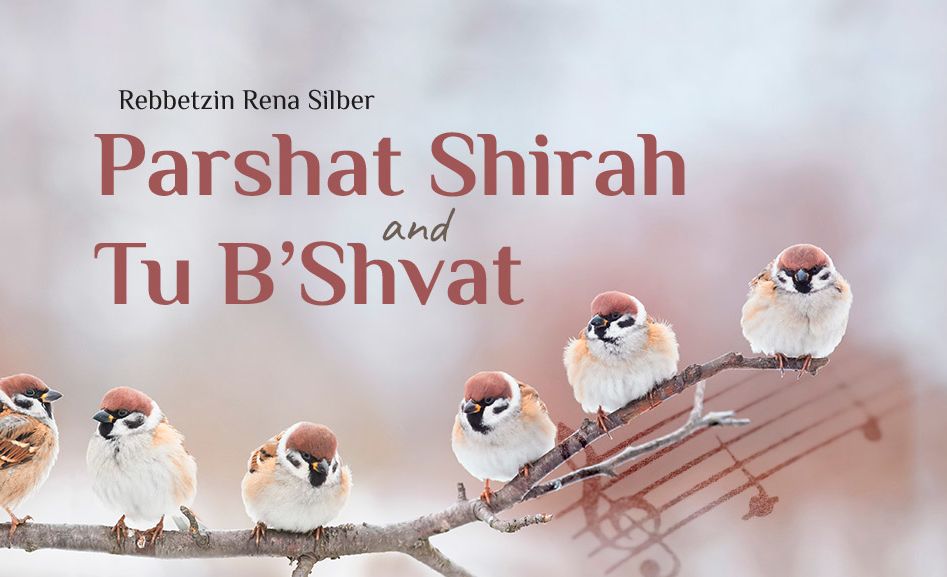
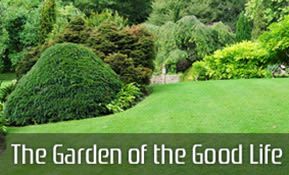
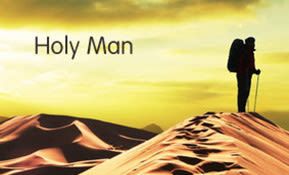
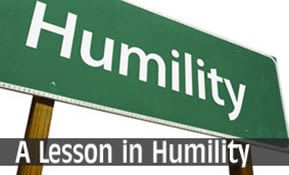
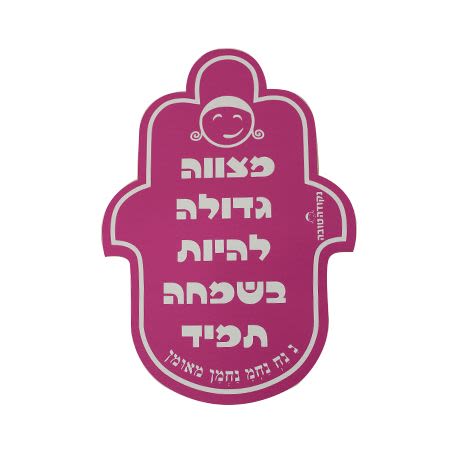
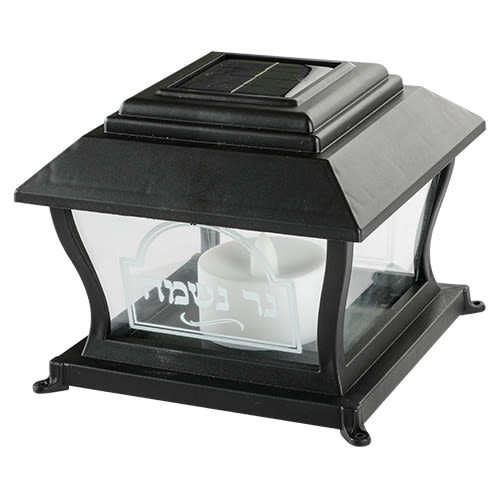
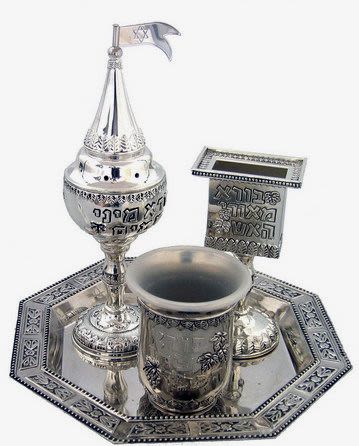
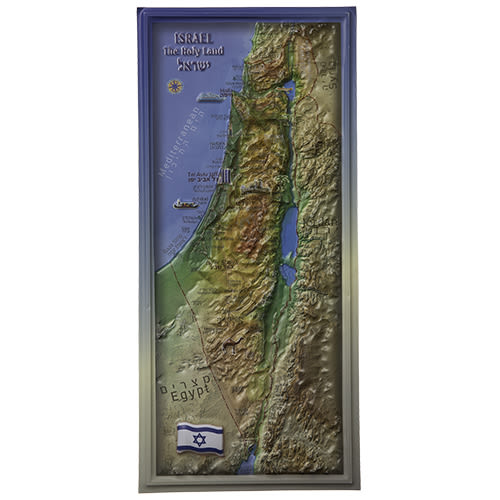
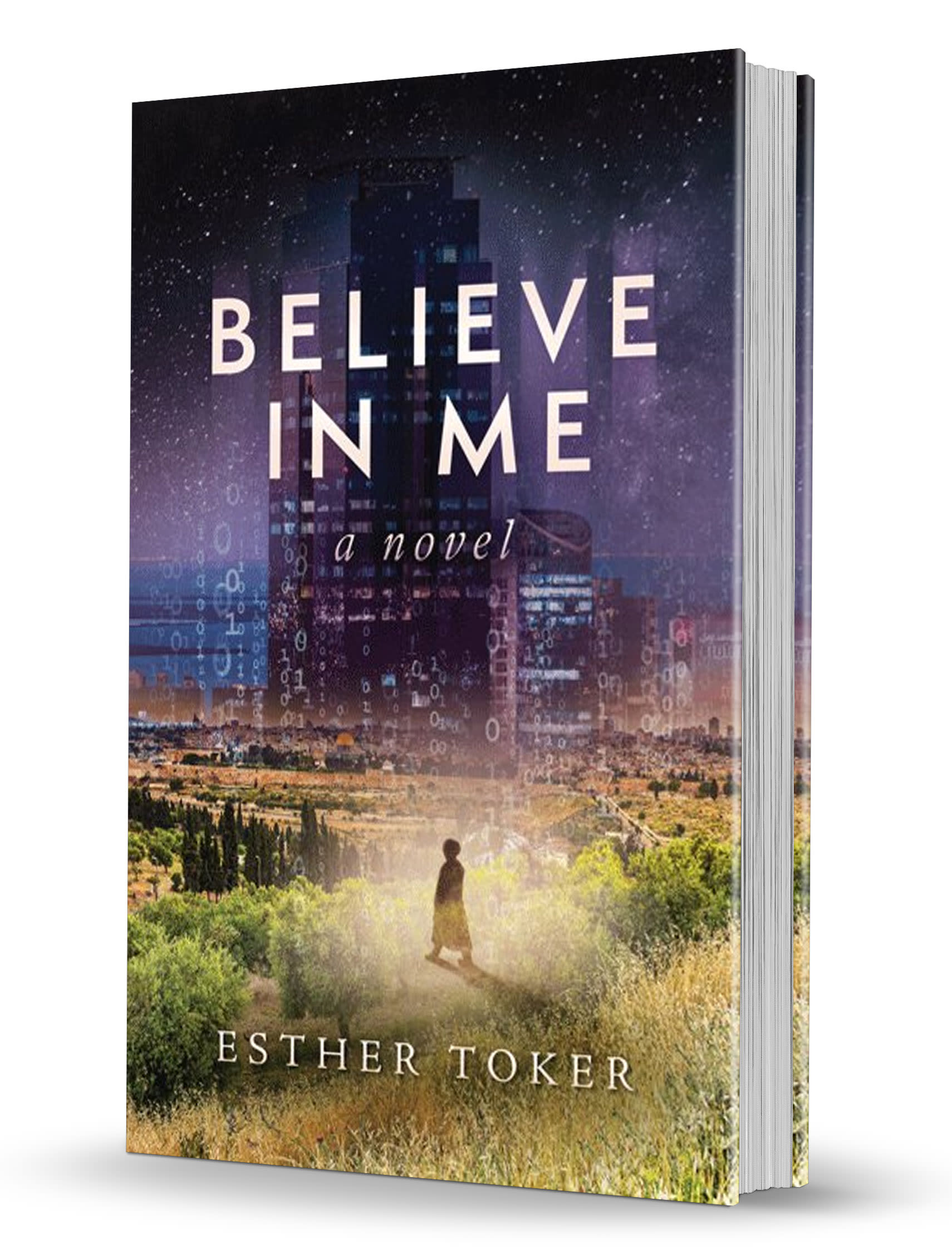
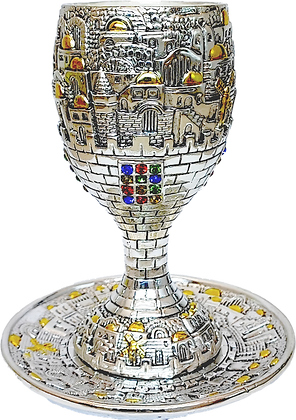
Tell us what you think!
Thank you for your comment!
It will be published after approval by the Editor.